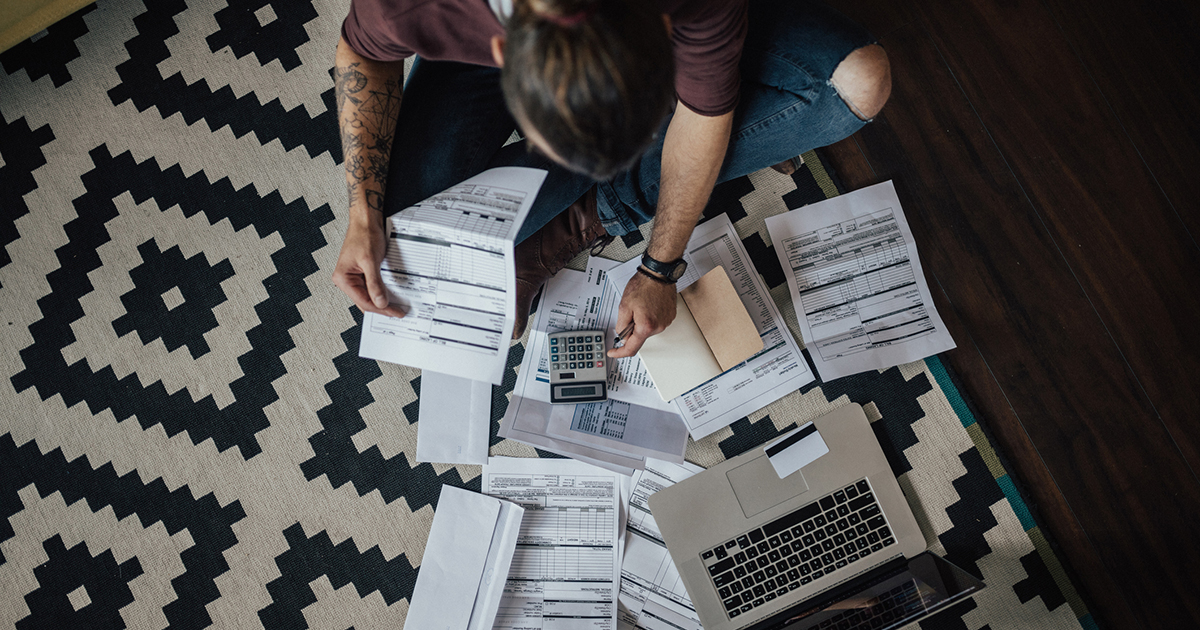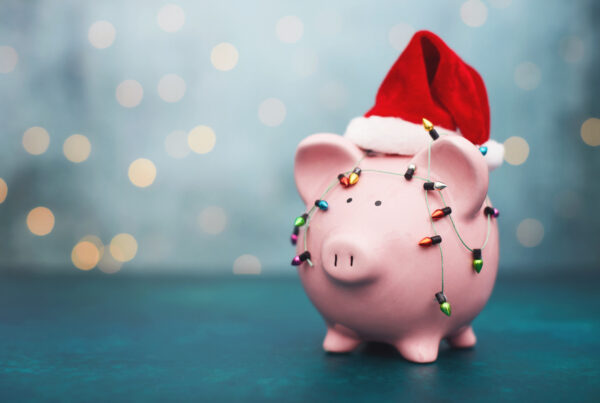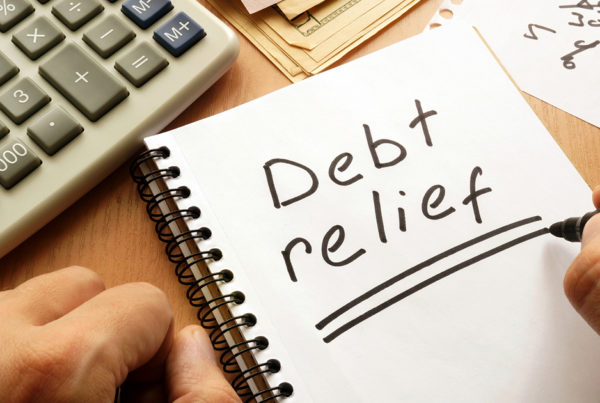One of the most accurate—and also most unhelpful when you are trying to get out of debt—is this tip: avoid debt in the first place. While that is a great recommendation, it’s not possible for many, especially when it comes to school and home loans.
If you slowly added to your debt, first with student loans, then a mortgage and maybe now with credit card debt that keeps steadily increasing or a vehicle loan (or two) that you’ve added to the mix, we’re here to help with some tips of what NOT to do when paying off debt.
Debt Mistakes to Avoid:
- Not building an emergency fund. We know, how dare we start a debt reduction blog post by telling you to set money aside for a rainy day. You may think that these are the rainy days, and they might be, but creating a separate savings account you add to is important. It helps you have something to draw on when things come up—like a flat tire or sick kitten—so you can avoid adding to your credit card debt (see, there was a tie to paying off your debt!).
- Paying off too much. We get it, you’re excited to turn a new page and that you want to get out of debt as soon as possible. But the reality is that getting out of debt is a slow-and-steady journey that you can plan on taking years, depending on the total debt and how dedicated you can be. By paying off your debts a little at a time (and starting with your highest interest credit card or loan first), it ensures you can make a bigger dent on your debts AND still have enough to cover your expenses throughout the month.
- Not addressing what caused the debt in the first place. It can be tempting to want to move forward with little to no look back at what decisions and circumstances led to where you are today financially, but don’t do it! As hard as it may be, take the time and effort to look back at your prior decisions. What motivated you in each situation? How long did it take you to make each decision? Were there other common factors with each decision? Knowing these factors will help you make better decisions moving forward.
- Not making a budget/not properly budgeting. Budgeting is not everyone’s cup of tea and we get that, but it is something that we can all benefit from. When trying to get out of debt, one of the best ways is to first get a better picture of who you owe, how much you owe and when it’s due, which you can do by creating a budget. Use the paper and pencil method or try out the budgeting feature in online banking to break down how much you make and spend each month. Try doing this twice. One with your actual spending habits as they stand today and one with ways you’ll trim or adjust your budget to put more toward tackling debt. Be sure to include expenses that don’t occur every month, such as car or home maintenance or events (such as baby or bridal showers, birthday parties, etc.).
- Not telling anyone/doing it alone. Debt isn’t something we put on parade or share with many others—and we’re not suggesting you shout it from the rooftops—but we do recommend telling a trusted friend. Having someone to talk to can help you stay accountable with your debt reduction goals. If you don’t have someone you feel comfortable sharing your getting out of debt plans with, tell us! You can meet with a Verve financial coach for free, and we can give you some helpful things to think about, such as when to refinance, budgeting tips, balance transfer and debt consolidation options and more.
- Making the same decisions/not making any changes. We know that people are creatures of habit (I mean, have you seen Merv’s obsession with orange ties?), but it’s those habits that make getting out of debt so challenging. Shopping at the same stores, buying the same things, going to the same restaurants and stopping at the same gas stations will lead to the same spending habits. Changing our spending habits means saying goodbye to old spending patterns and developing new, healthier-for-our-budgets activities. Without a change in habits, we’re destined to continue making the same choices and perpetuate the cycle of debt.
Looking for more tips to help you pay off debt? Check out more of our Managing Debt blog posts.






 Federally Insured by NCUA |
Federally Insured by NCUA |  Equal Housing Opportunity |
Equal Housing Opportunity |